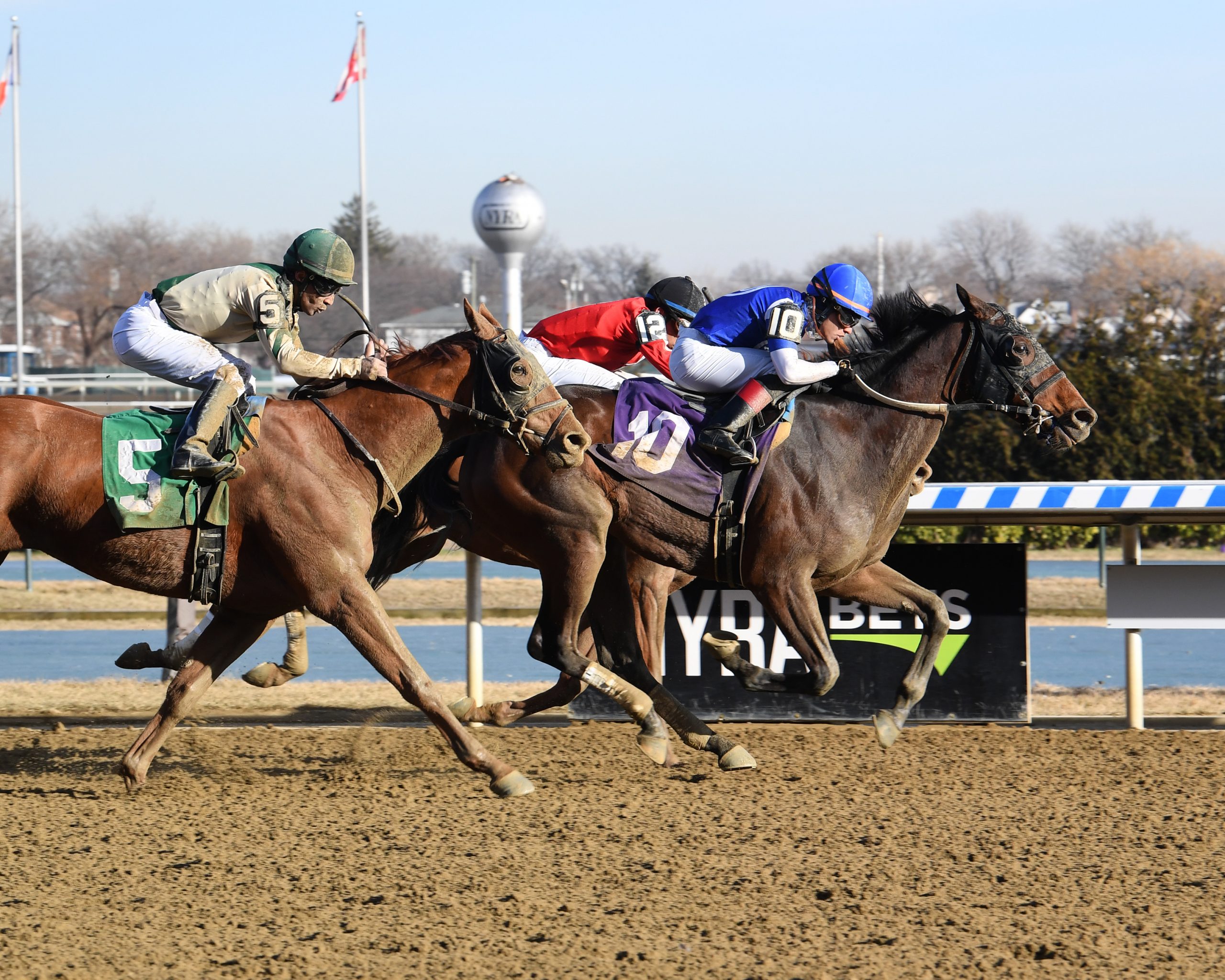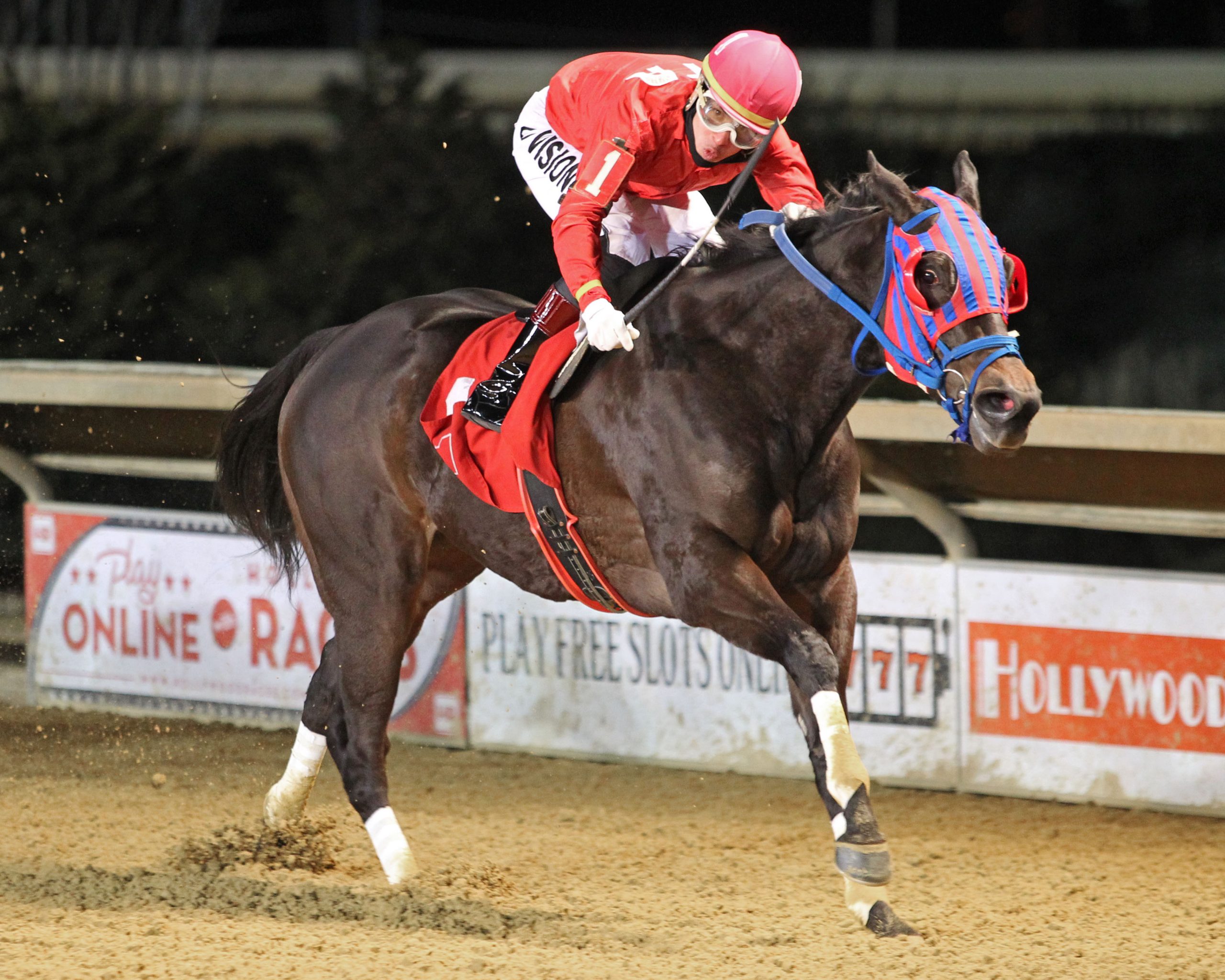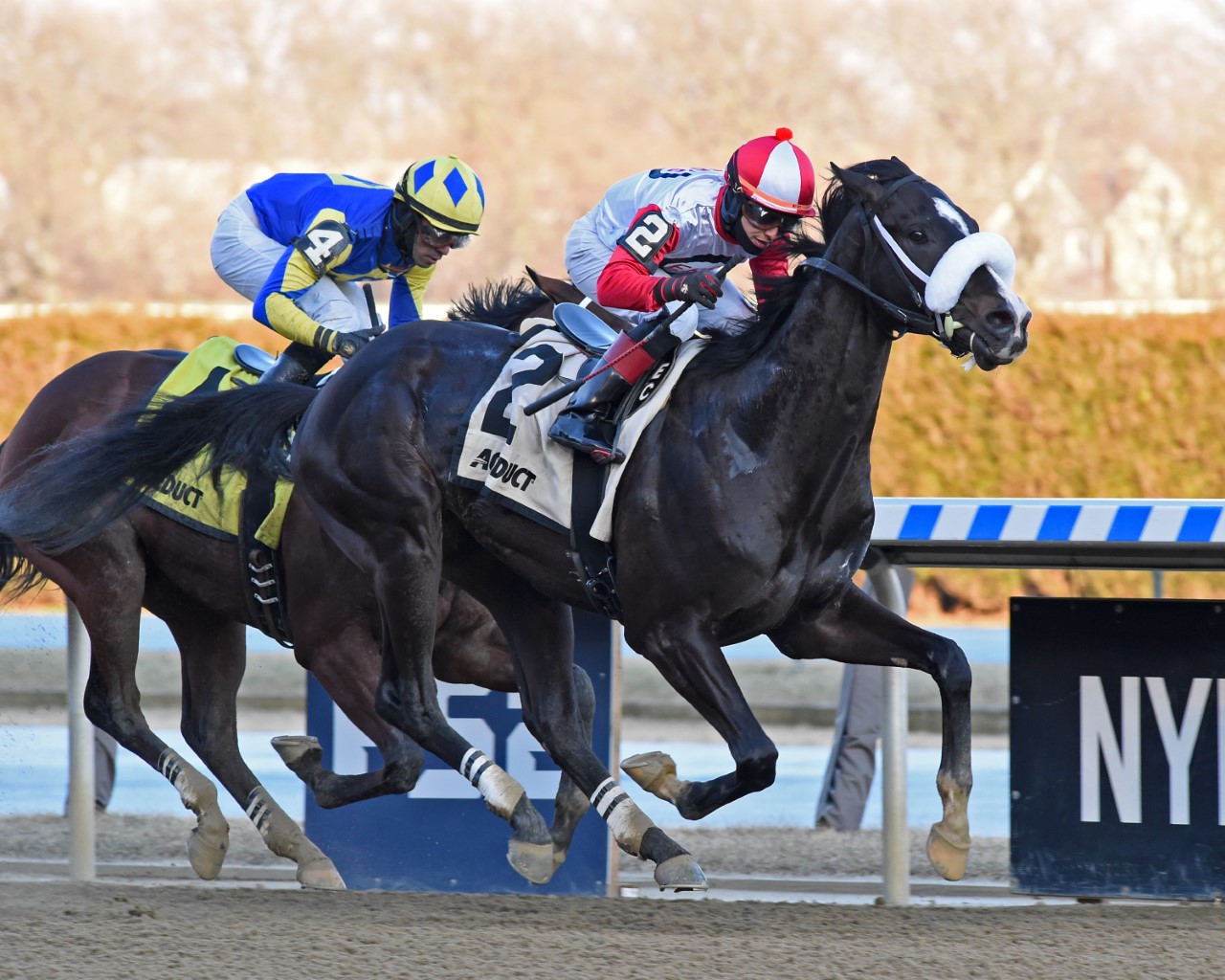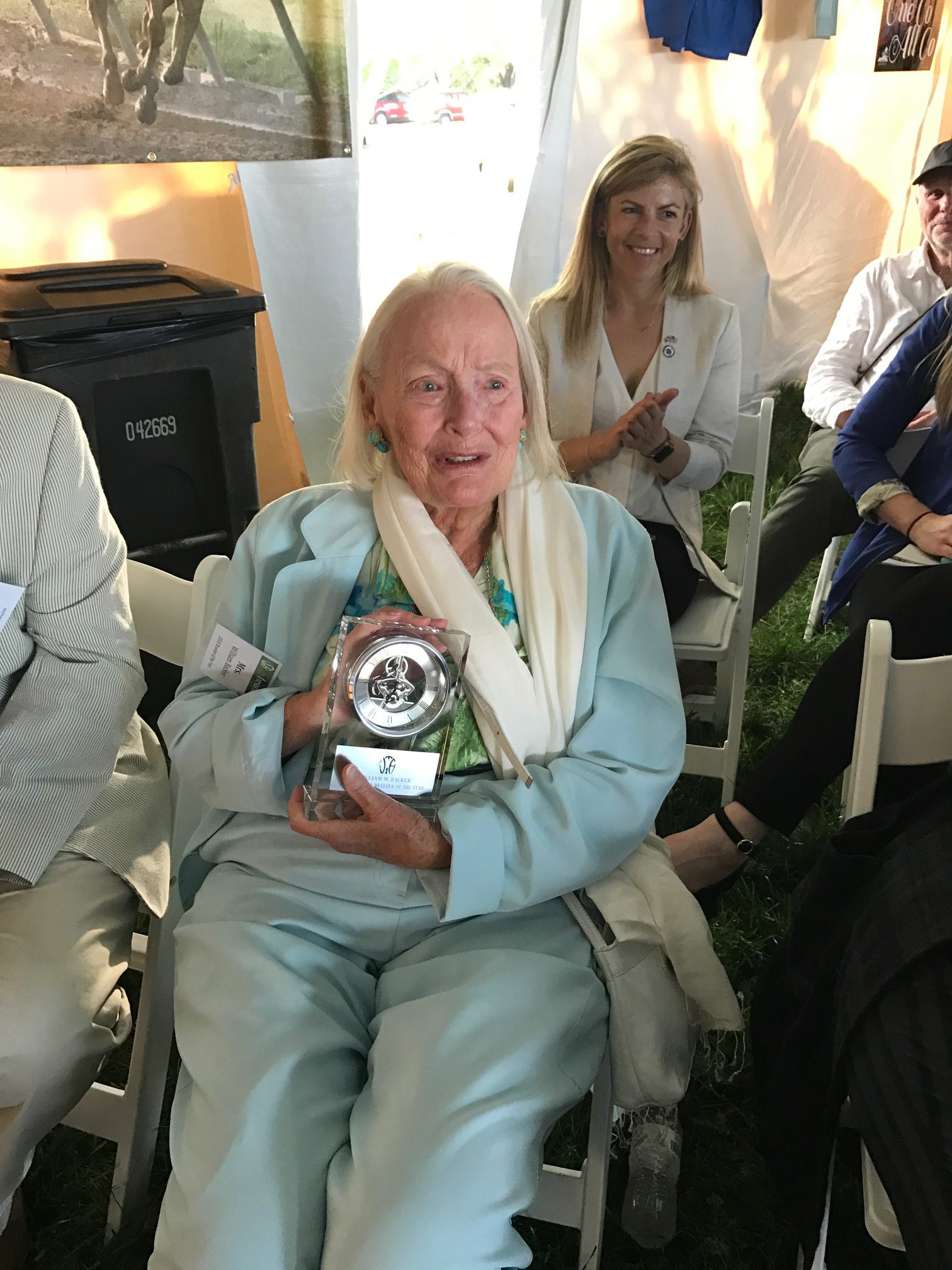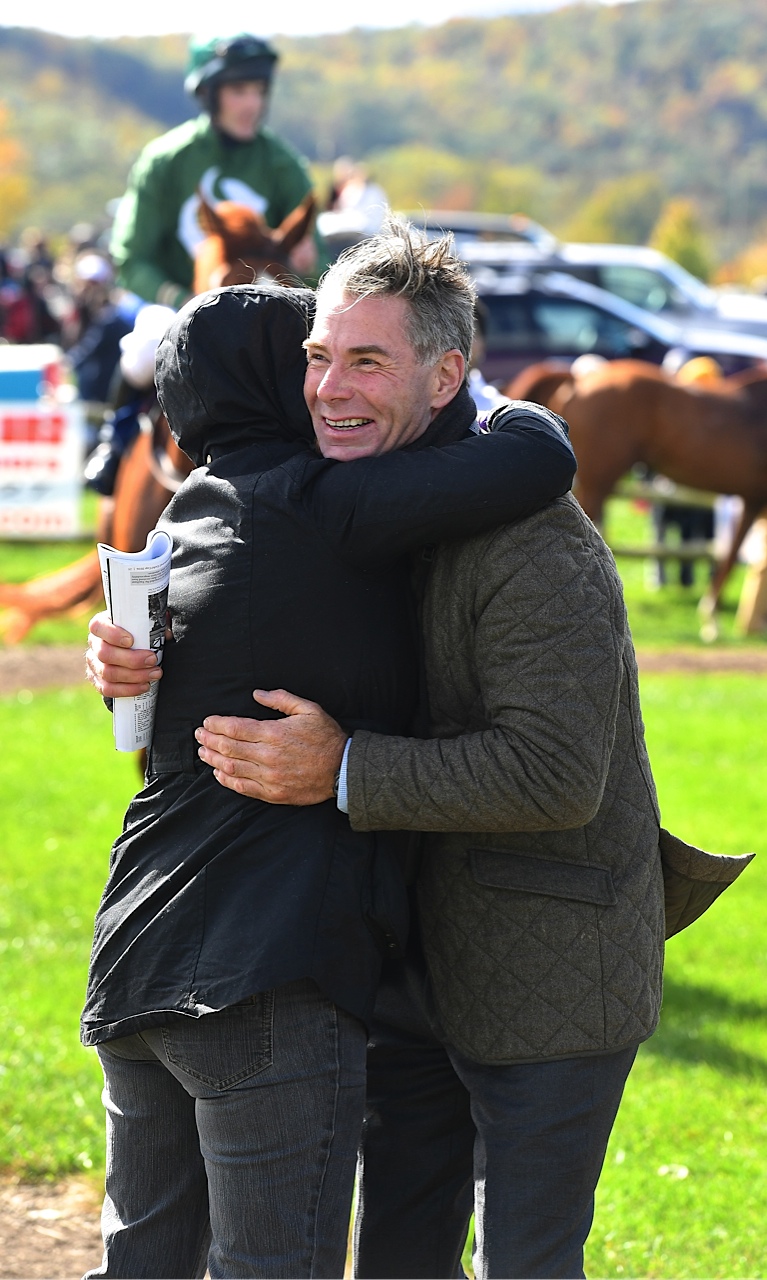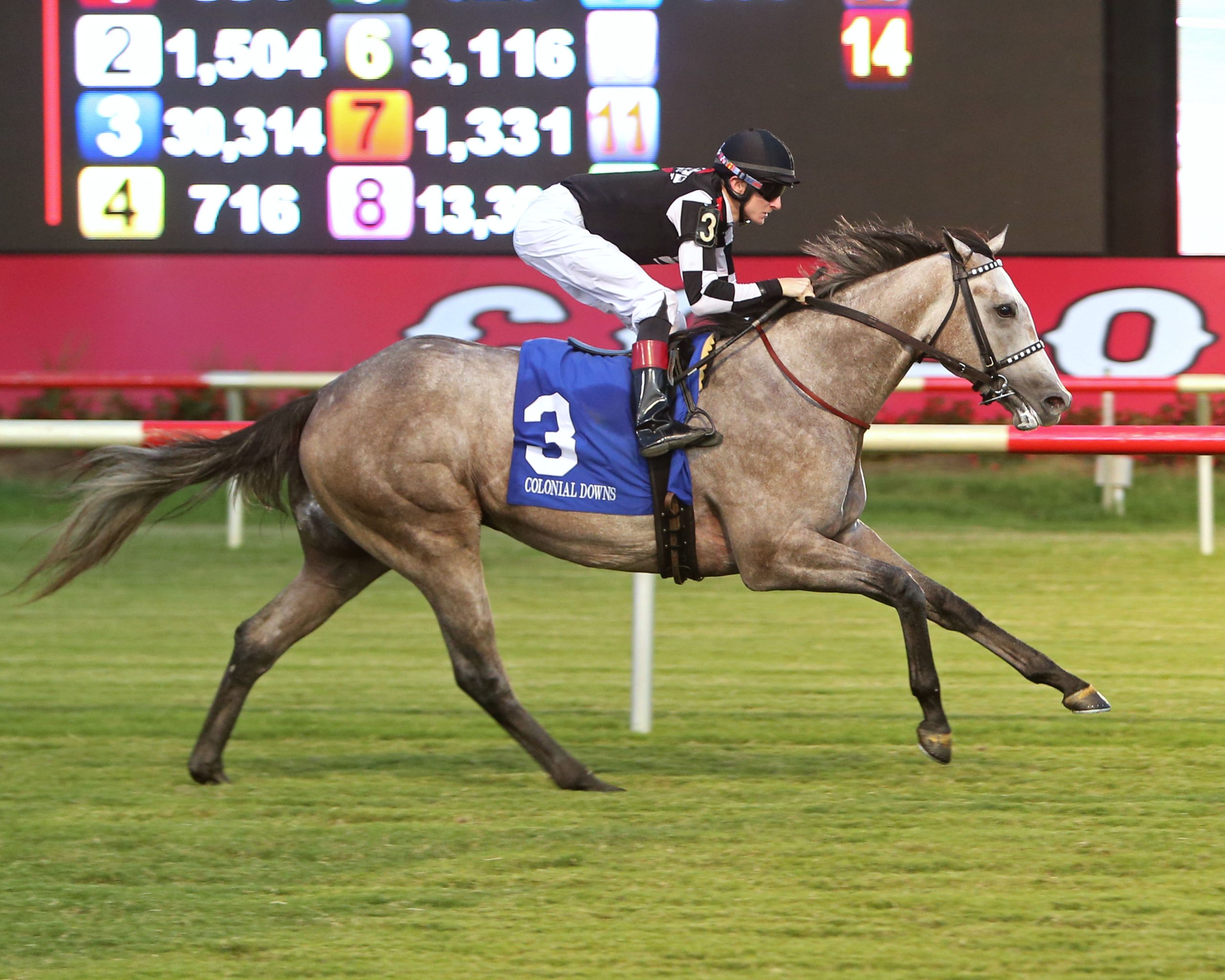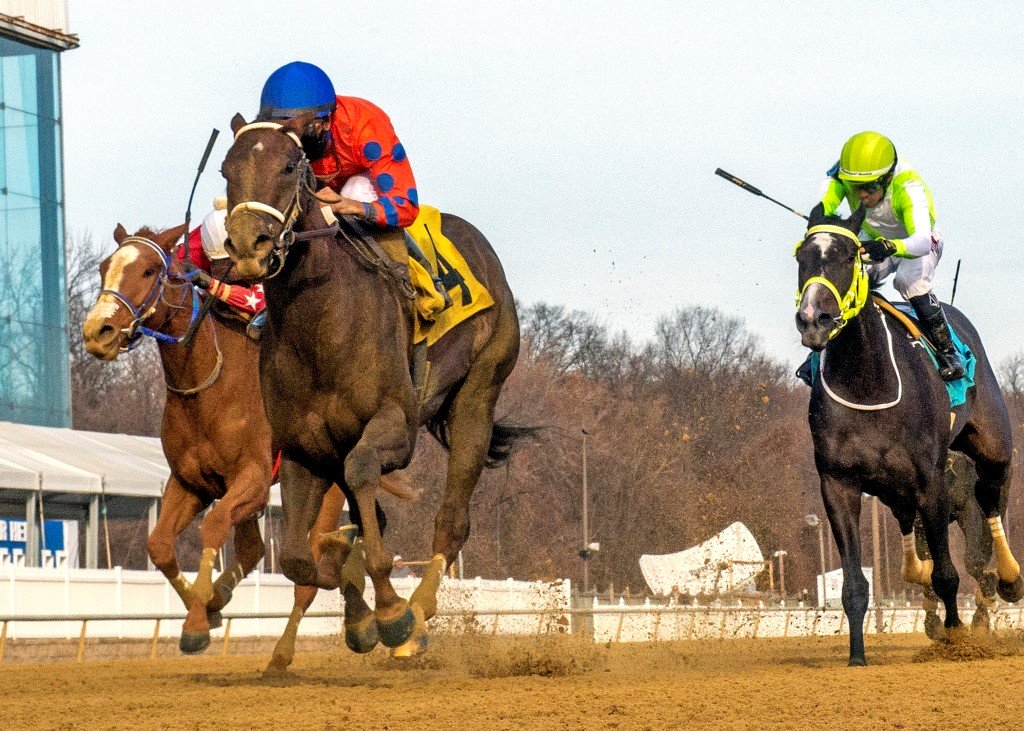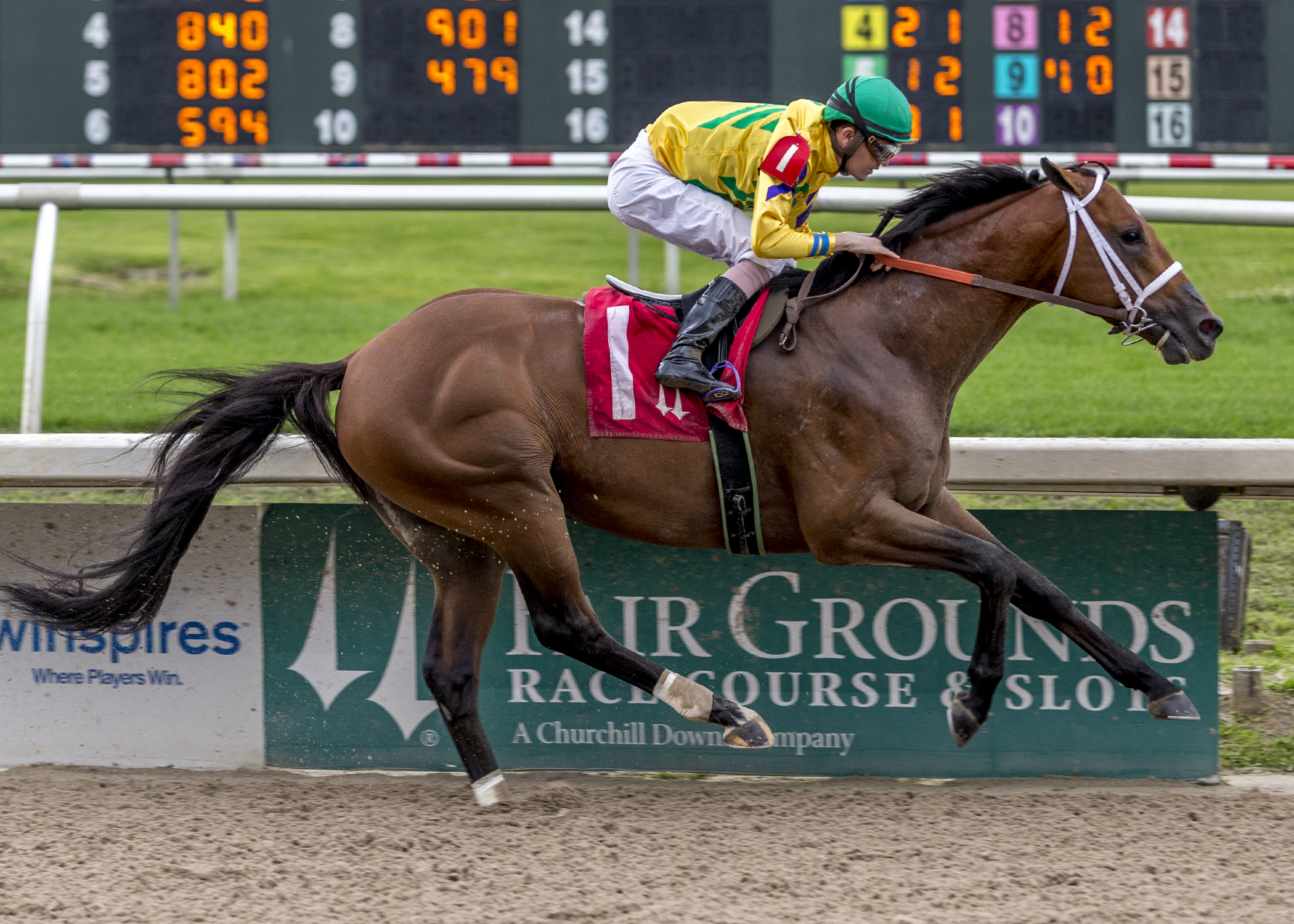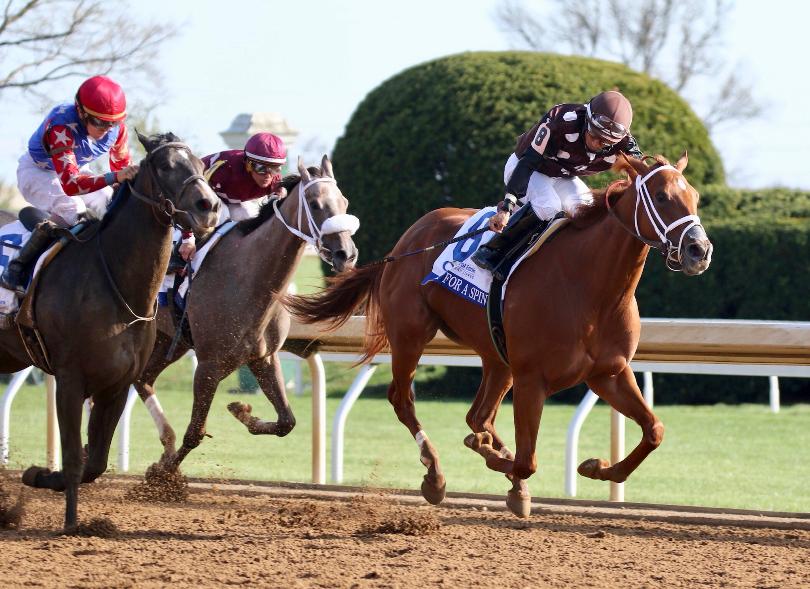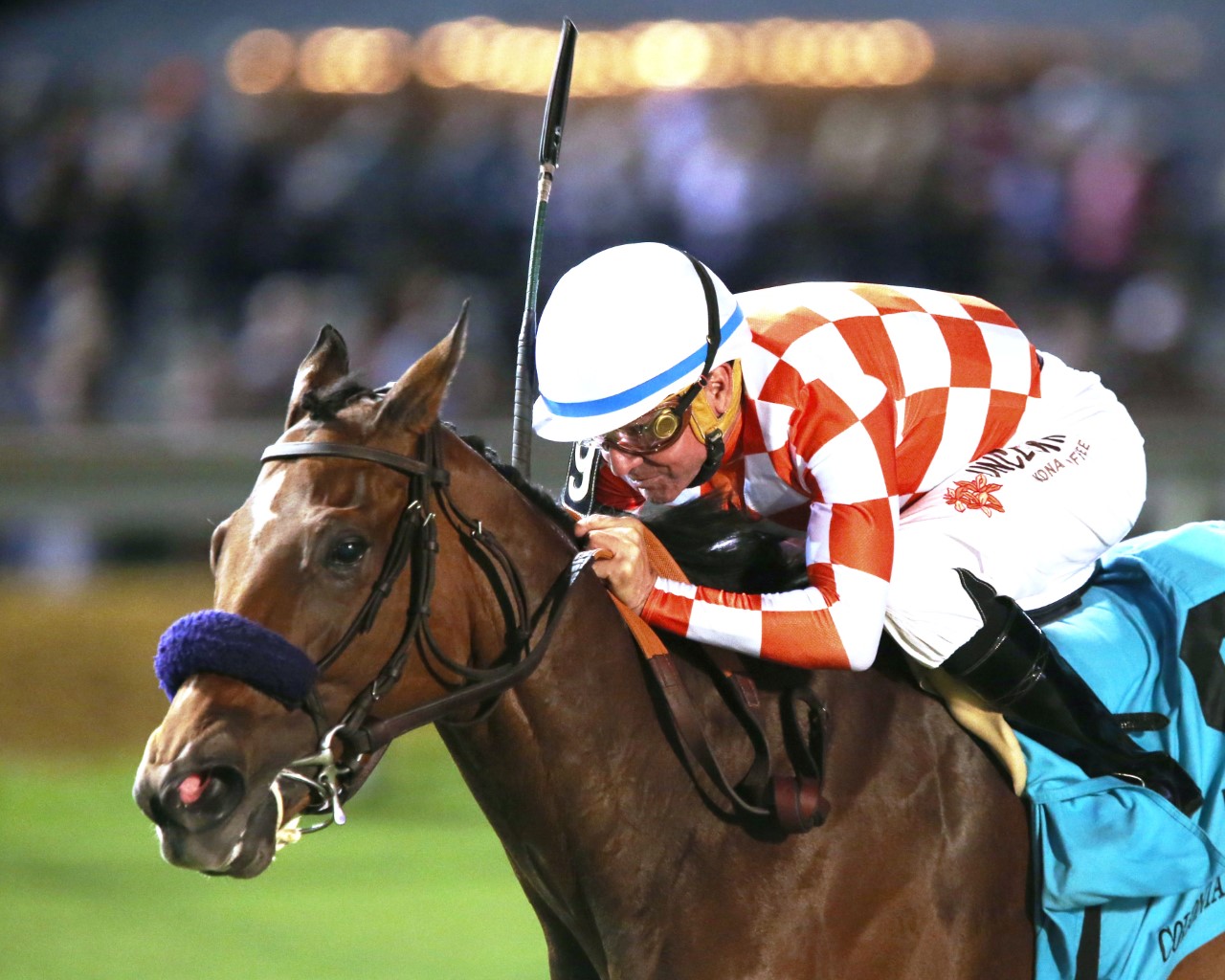The following appeared in Thoroughbred Daily News on March 31.
By Len Green
Editor’s note: The Thoroughbred racing industry is covered under legislation passed in Washington to bolster an economy that has been hard hit by the coronavirus. To clarify what is available to racing participants, the NTRA held a teleconference Wednesday which included tax experts who serve the racing industry. To break down what is available and who qualifies for assistance, the TDN asked Green Group Founder and Chairman Len Green to go over the CARES Act and its provisions.
The Coronavirus Aid, Relief and Economic Security Act (“CARES Act”) became law Mar. 27. The provisions most relevant to employers and small business owners, including those who are self-employed, covers items such as federal loans and tax credits.
Below is a brief overview of the key provisions.
Federal Loans, Grants, Loan Forgiveness, Credits and Deferrals
The CARES Act provides numerous forms of incentives and assistance for businesses to be funded by the Federal Government. These include loans, grants, loan forgiveness, tax deferments and tax credits. There are a variety of programs available. Here is a summary of some of them:
1. Economic Injury Disaster Loan (EID Loan) – $2 million Package
Small businesses (fewer than 500 employees), for profit and non-profit, can apply to the Small Business Administration (SBA) for a loan of up to $2 million to help alleviate the temporary loss of revenue caused by the coronavirus (COVID-19).
EID Loans may be used to pay fixed debts, payroll, accounts payable and other bills that a business cannot pay due to the impact of the pandemic. The interest rate is 3.75% for small businesses and 2.75% for non-profits.
EID Loans have long term repayment periods of up to 30 years, but specific loan terms, including the amount awarded, is determined by the SBA on a case-by-case basis.
The SBA will require collateral, generally real estate, to support the loan, but will not deny a loan simply because the borrower owns no real estate. This could be a process taking several months.
To apply for the EID Loan you can follow this link https://covid19relief.sba.gov/#/.
Contact the SBA Disaster Assistance Customer Service center at 1-800-659-2955 (TTY: 1-800-877-8339) or disastercustomerservice@sba.gov.
2. SBA Rapid Relief Grants
Recognizing that the time it can take to process an EID Loan application could leave small businesses in desperate circumstances or unable to survive, the CARES Act includes $10 billion for emergency SBA grants of up to $10,000 for small businesses or non-profits which have applied for an EID Loan. Recipients can use the grant funds to cover immediate payroll, mortgage, rent and other specified expenses. The grant does not have to be repaid, but only businesses which apply for an EID Loan are eligible. The Act states that the SBA shall pay grants within three (3) days following the SBA’s receipt of the grant application. But because so many companies are eligible, there could be a delay.
To apply for the EID Loan, you can follow this link at https://covid19relief.sba.gov/#/.
Contact the SBA Disaster Assistance Customer Service center at 1-800-659-2955 (TTY: 1-800-877-8339) or disastercustomerservice@sba.gov.
3. Paycheck Protection Loans
This is the big one–the CARES Act also includes $350 billion to fund another loan program for small businesses with fewer than 500 employees, including non-profits, as well as sole proprietors, independent contractors and self-employed persons, during the period from Feb. 15, 2020 through June 30, 2020.
The program is based on a presumption that small businesses will suffer economic hardships due to COVID-19, so borrowers do not have to demonstrate their losses, as they do to secure an EID Loan.
Limit of Loan
The amount of Paycheck Protection Loans are 2.5 times the average monthly payroll costs incurred during the one-year period before the date of the loan, up to a maximum of $10 million. This is important–payroll costs include salary/wages/commissions to employees and independent contractors (up to annualized salary of $100,000 per employee), sick/family leave/PTO, severance payments, group health benefits (including insurance premiums), retirement benefits and state and local taxes assessed on employee compensation.
The loans will have a maximum term of 10 years and an interest rate not to exceed 4%.
Use of Funds
Borrowers may use loan proceeds for: payroll costs; continuation of group health care benefits during periods of paid sick, medical, or family leave, or insurance premiums; salaries or commissions or similar compensation; interest on mortgage obligations; rent; utilities and interest on other outstanding debt.
Applicants do not pay any processing fee and are not required to provide collateral or personal guarantees. To apply for assistance, follow this link https://covid19relief.sba.gov/#/.
If you have questions about this application or problems providing the required information, please contact SBA Customer Service Center at 1-800-659-2955 or (TTY: 1-800-877-8339) disastercustomerservice@sba.gov.
4. Paycheck Protection Loan Forgiveness
Unlike EID Loans, a portion of Paycheck Protection Loans can be forgiven, on a tax-free basis. The amount of the loan that is forgivable is the sum of the payroll costs, mortgage interest payment, rent and utilities incurred or paid by the borrower during the eight-week period beginning on the loan origination date.
Verification
An independent company (like a CPA) can submit schedules and documentation to assist the borrower with their request for forgiveness. The amount of forgiveness will be reduced, if the borrower laid off or furloughed any employees during the period between Feb. 15, 2020 and June 30, 2020 or reduced wages/salaries of any employees by more than 25% during the same period. In recognition of the fact that many employers instituted layoffs before the CARES Act was passed, if an employer rehires the laid off employee or raises salaries and wages back to their prior level by June 30, 2020, the reduction formula does not apply to those employees.
5. Employee Retention Tax Credits
Employers who do not request loan forgiveness of a portion of a Paycheck Protection Loan, may be eligible for a refundable tax credit equal to 50% of wages (including health benefits) paid to employees during the period Mar. 13, 2020 through Dec. 31, 2020, subject to certain conditions, and is provided for the first $10,000 in eligible wages and compensation paid by the employer to an employee. Thus, the credit is a maximum $5,000 per employee.
To be eligible, an employer either must have had operations fully or partially suspended because of a shut-down order from a governmental authority related to COVID-19, or had gross receipts decline by more than 50% in a calendar quarter when compared to the same quarter in 2019. Eligibility will end before Dec. 31 if the employer’s gross receipts for any calendar quarter are more than 80% of receipts the same quarter in 2019.
For employers with more than 100 employees only (based on 2019 employment levels), wages are limited to those paid to employees who were not providing services due to the COVID-19 pandemic. Public employers are not eligible for this program.
Eligible employers will report their total qualified wages and the related health insurance costs for each quarter on their quarterly employment tax returns, or Form 941 beginning with the second quarter. If the employer’s employment tax deposits are not sufficient to cover the credit, the employer may receive an advance payment from the IRS by submitting Form 7200, Advance Payment of Employer Credits Due to COVID-19.
Eligible employers can also request an advance of the Employee Retention Credit by submitting Form 7200. Employers should contact their payroll companies to make sure the process will be streamlined with their quarterly filings.
6. Payroll Tax Deferral
The CARES Act also allows employers, who did not request loan forgiveness of a portion of a Paycheck Protection Loan, to defer payment of their share of the 6.2% Social Security tax on wages paid from Mar. 27, 2020 through Dec. 31, 2020 (or the equivalent portion of self-employment taxes). The deferred taxes are payable in two installments, 50% on Dec. 31, 2021 and 50% on Dec. 31, 2022. Employers should contact their payroll companies to make sure the process will be streamlined with their quarterly filings.
Remember, the above is based on the law as it now is being interpreted and may be subject to changes.
For more information, please contact Diane Campagna at dcampagna@greenco.com (732) 510-1429, Jim Benkoil at jbenkoil@greenco.com (732) 510-1422 or John Wollenberg at jwollenberg@greenco.com (848) 212-4018.

